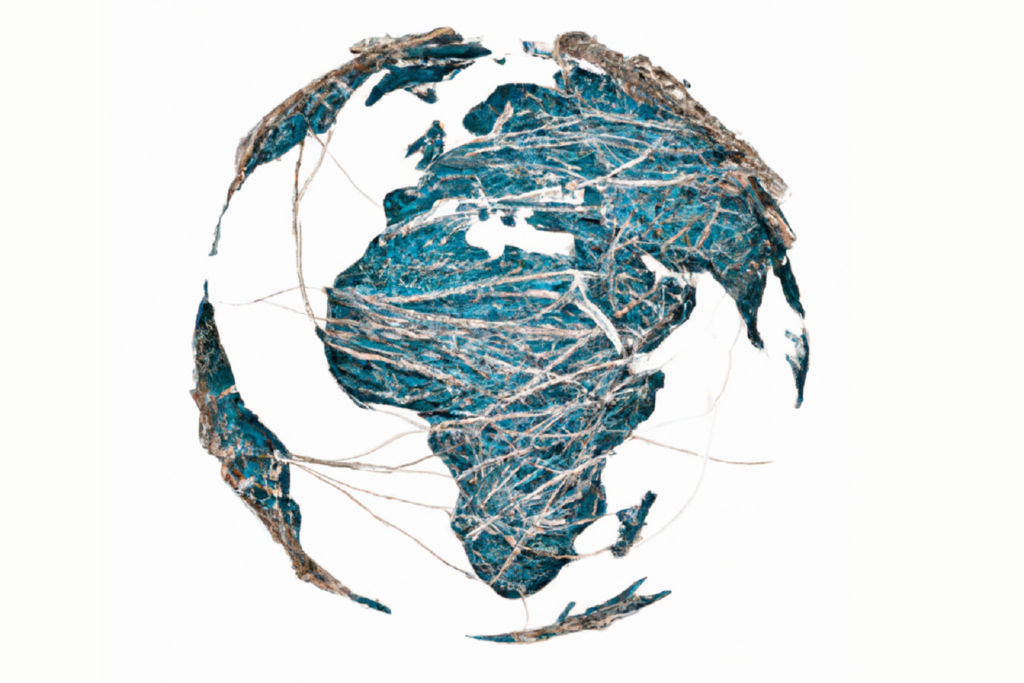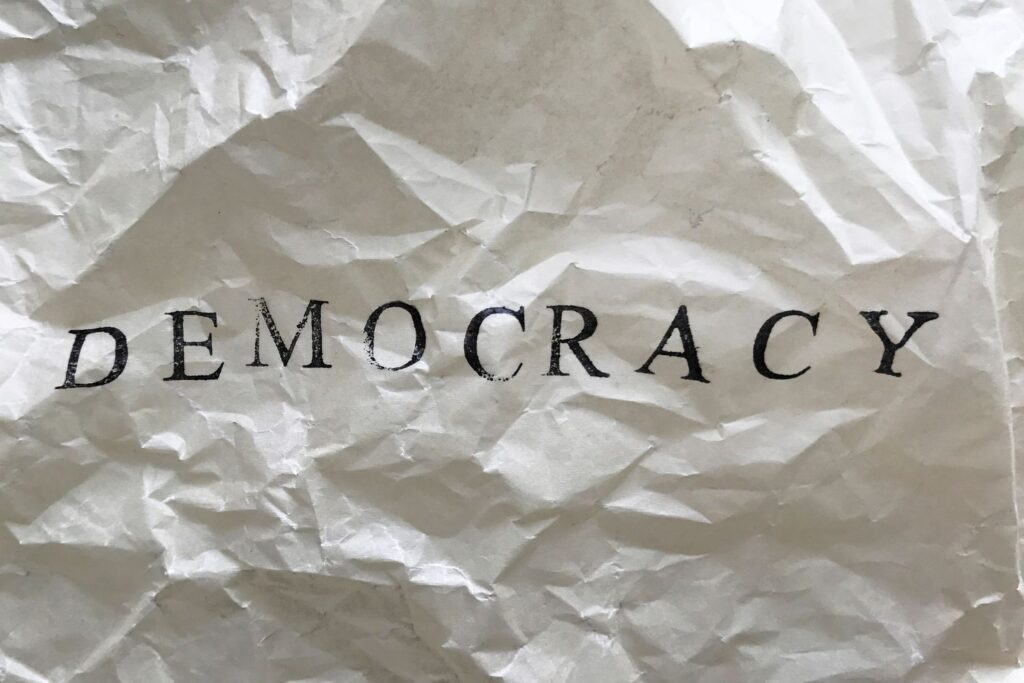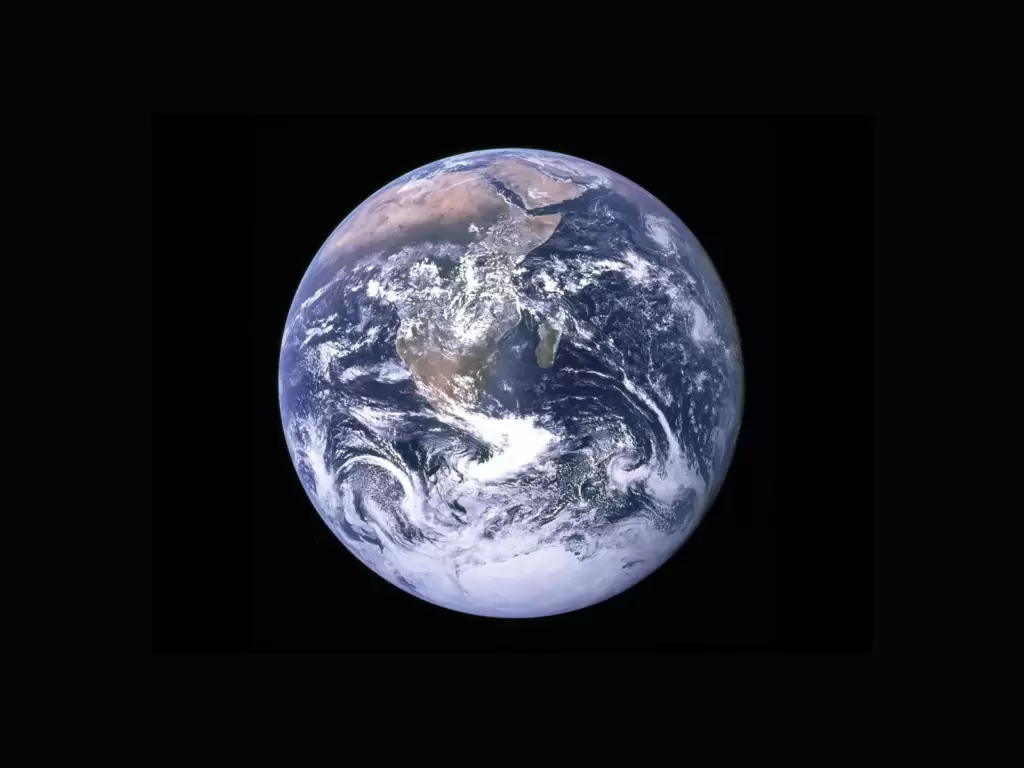Global Polycrisis: The Causal Mechanisms of Crisis Entanglement
The authors translate polycrisis from a loose concept into a research agenda by providing the concept with a substantive definition, highlighting its value-added in comparison to related concepts, and developing a theoretical framework to explain the causal mechanisms currently entangling many of the world’s crises. In this framework, a global crisis arises when one or […]
Global Polycrisis: The Causal Mechanisms of Crisis Entanglement Read More »






